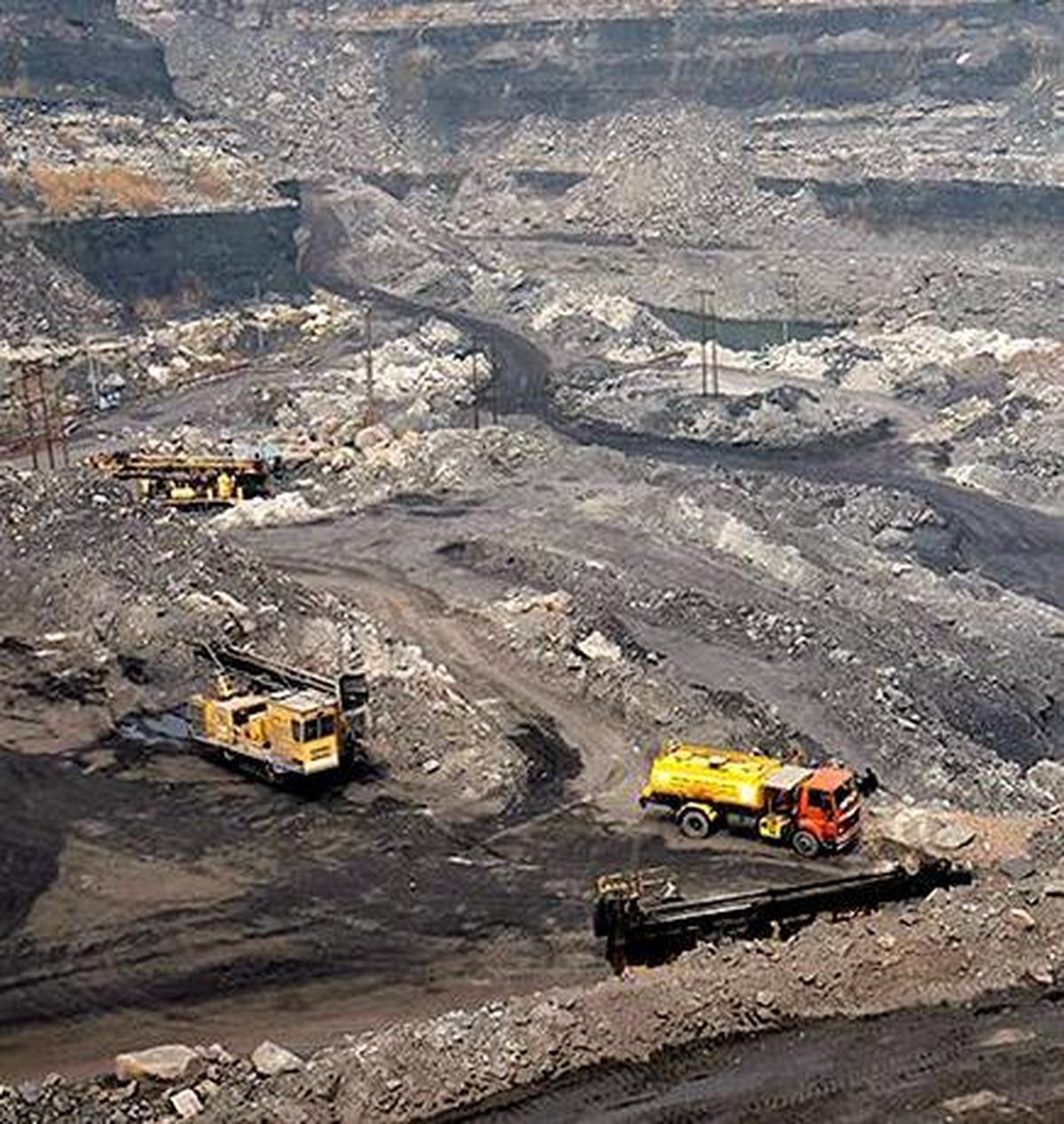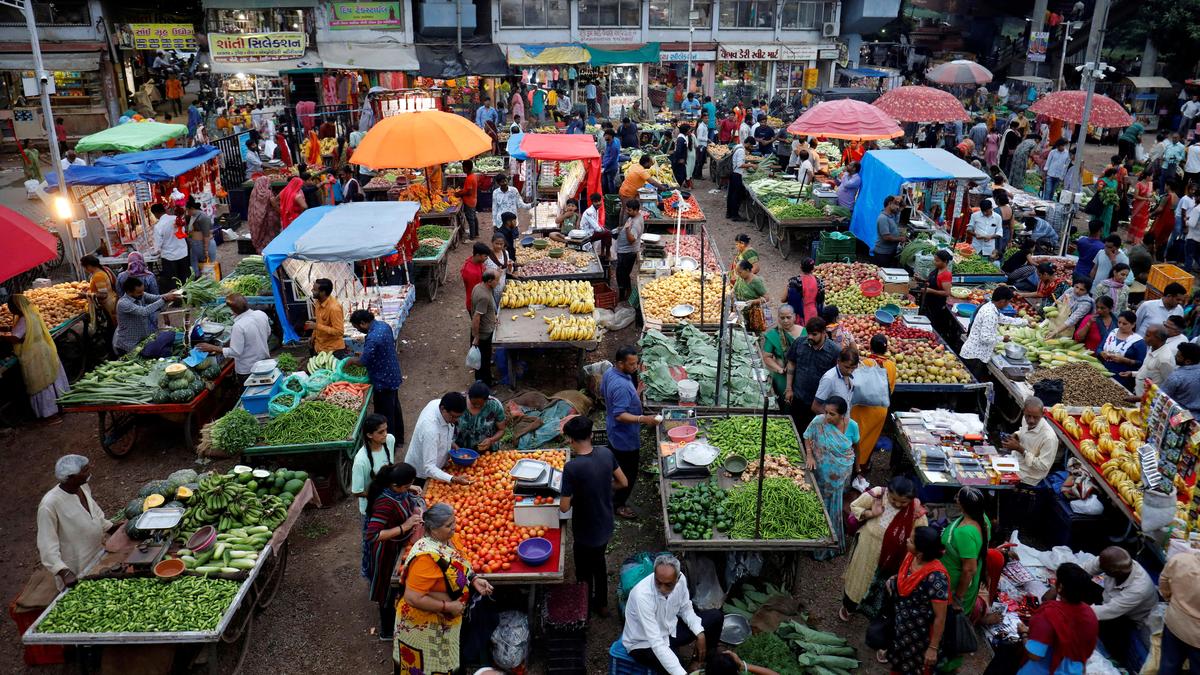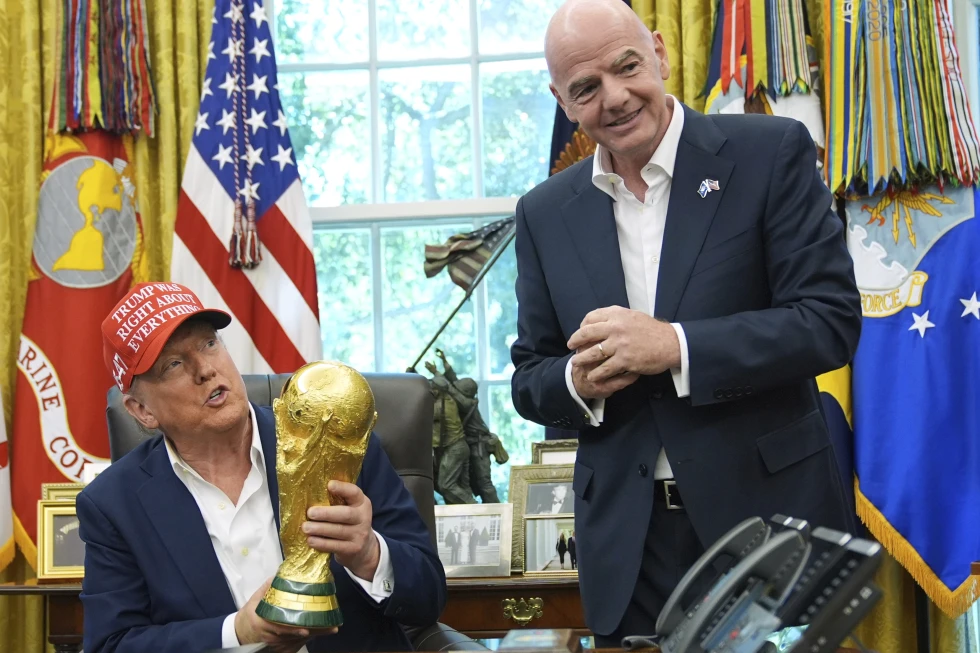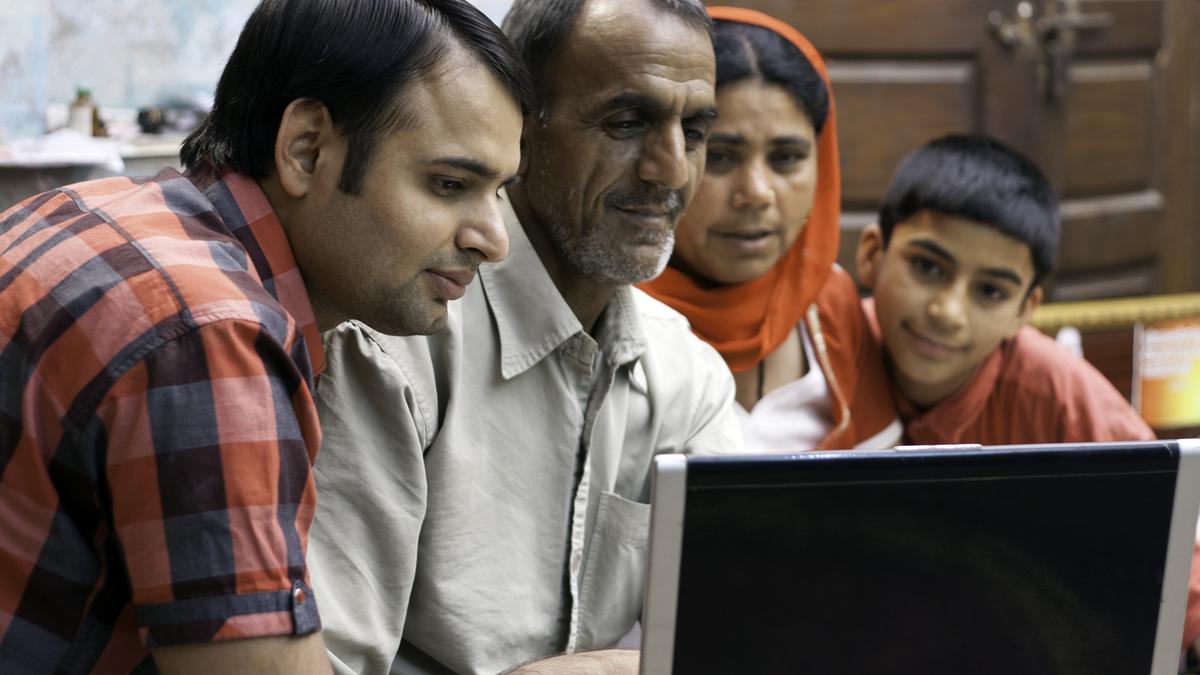What’s Announced: The “FIFA Pass” Visa Fast-Track System
What’s Announced: The “FIFA Pass” Visa Fast-Track System
Priority Visa Appointments
The U.S. is launching a system called the FIFA PASS (Prioritized Appointment Scheduling System).
Ticket holders for the 2026 World Cup (via FIFA) will be able to access expedited visa interview slots at U.S. consulates/embassies.
According to the U.S. State Department, once the system launches (early 2026), appointments for these fans will be faster.
Increased Consular Capacity
The U.S. is deploying 400+ extra consular officers worldwide to handle the expected surge in visa applications.
Because of this, in about 80% of countries, visa appointment wait times have reportedly come down to 60 days or less.
No Guarantee of Entry
Importantly: a World Cup ticket ≠ is a visa.
The “FIFA Pass” only speeds up the appointment — applicants will still go through normal vetting & security checks.
So, even with this system, getting a visa isn't automatic.
High-Level Support
Trump unveiled this at an event in the Oval Office along with FIFA President Gianni Infantino.
Infantino praised the initiative, saying it’s a “very concrete example” of the U.S. welcoming global football fans.
Secretary of State Marco Rubio emphasized that the priority is for appointments, but the same security vetting applies.
Expected Impact
FIFA’s press release said this is “a major milestone” in making the 2026 World Cup global and inclusive.
The tournament is expected to draw millions of international visitors.
The U.S. government sees this as part of a broader push to make the event a success, while also managing security and immigration concerns.
Why This Matters & Possible Implications
Fan-Friendly Move: For many international fans, visa processing is a huge barrier. Prioritizing interview slots could make attending the World Cup in the U.S. more feasible.
Boost to Tourism Economy: With millions expected, smoother visa access could significantly boost tourism, local spending, and the overall economic benefit of hosting a World Cup.
Political Balancing Act: Trump’s move is interesting — it leans into a more welcoming message for a major global event, even as his administration generally has tough immigration policies.
Security Risk: Because vetting remains, there’s still some risk. The system helps with speed, not screening.
Precedent for Other Events: If successful, such a priority visa system could be used for future mega sporting/cultural events.
Challenges / Criticisms to Watch
Misconception Risk: Some people may wrongly assume a ticket guarantees a visa — that’s not the case.
Resource Strain: Even with added consular officers, processing millions of applications reliably will be a big logistical challenge.
Potential Backlash: Some may see this as giving special privileges to World Cup fans over other travelers.
Abuse Risk: There’s a risk that non-legitimate travelers misuse the system, though vetting is still in place.
Implementation Risk: Execution matters — the system has to scale, operate efficiently, and not create bottlenecks.
My Take
This is a smart but risky move by the Trump administration:
Smart: It shows an understanding that a global event like the World Cup requires tailored immigration solutions to make it a success.
Risky: If not implemented well, or if expectations are misunderstood, it could backfire — politically or operationally.
If I were a World Cup fan, I’d be encouraged to buy a ticket + apply early for the visa, but also be very careful to complete all documentation — and not rely just on having a ticket.
You May Also Like

Coal Ministry notifies rules doing away with CCO n...
Seeking to improve efficiency in the approval process towards accelerating coal production, the...

WPI inflation rises to (-) 0.32% in November
Wholesale price inflation (WPI) came in at (-) 0.32% in November, driven by an uptick in prices...

Maruti Brezza 2026 – Compact SUV Gets a Serious Up...
1. IntroductionThe popular compact-SUV from Maruti Suzuki, the Maruti Brezza, is gearing up for...



